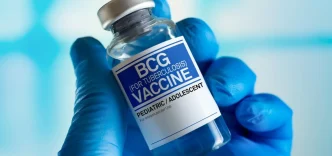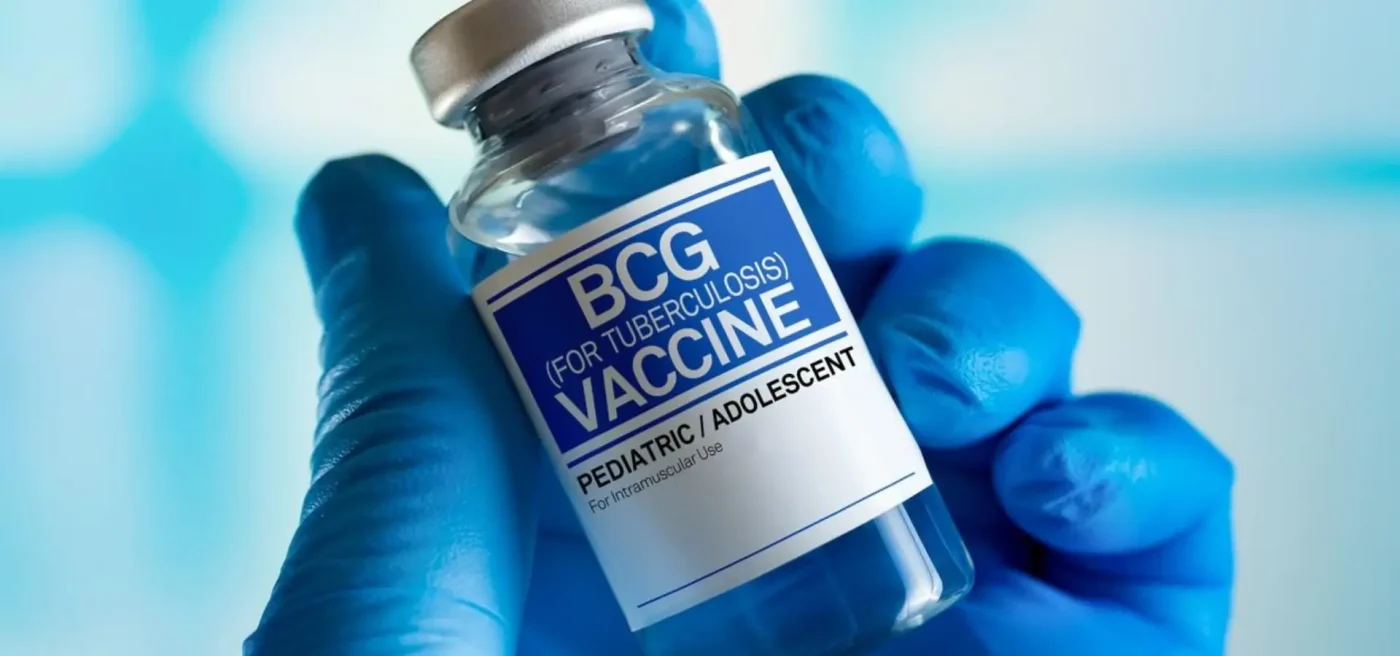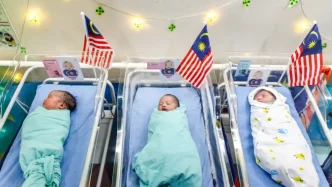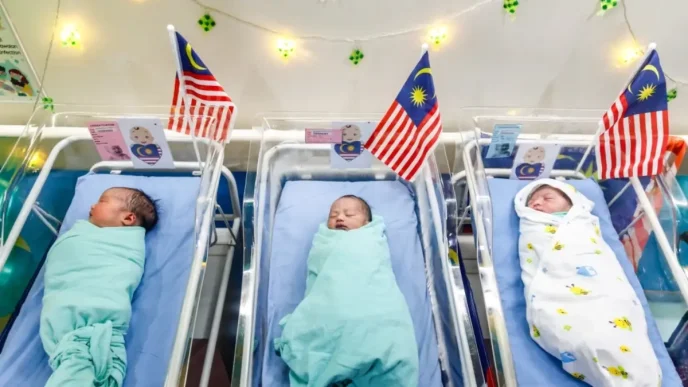Jakarta, May 20, 2025 – A clinical trial for a new tuberculosis (TB) vaccine in Indonesia has ignited fierce public debate, with social media platforms buzzing with accusations of the country being used as a testing ground for foreign agendas. The trial, involving the M72/AS01E vaccine candidate developed by GlaxoSmithKline (GSK) and supported by the Bill & Melinda Gates Foundation, has exposed deep-seated mistrust in health authorities, exacerbated by what experts describe as inadequate communication and transparency.
A Critical Trial Under Scrutiny
Indonesia is one of several countries, including South Africa, Kenya, Zambia, and Malawi, hosting the third phase of clinical trials for the M72 vaccine. Launched in September 2024, the trial aims to evaluate the vaccine’s effectiveness in preventing active TB among adolescents and adults, a demographic for which the existing Bacillus Calmette-Guerin (BCG) vaccine offers limited protection. In Indonesia, 2,095 participants aged 15 to 44 have been enrolled across five clinical centers, including the University of Indonesia Hospital and Padjadjaran University’s Medicine School in Bandung, West Java.
The trial gained renewed attention following a visit by Bill Gates to Jakarta on May 7, 2025, where he met with President Prabowo Subianto to discuss collaborative projects, including the Gates Foundation’s funding of the TB vaccine initiative. While the meeting was intended to highlight international partnerships in addressing Indonesia’s TB burden—which claims approximately 100,000 lives annually—it instead triggered a wave of online criticism. Posts on social media platforms have labeled the trial as exploitative, with some users claiming Indonesia is being treated as a “lab rat” for global interests.
Public Health Crisis and Vaccine Urgency
Indonesia faces one of the highest TB mortality rates in the world, a public health crisis that Health Minister Budi Gunadi Sadikin has emphasized as a driving force behind the country’s participation in the trial. “Based on evidence, vaccines are effective in controlling infectious diseases. In Indonesia, TB kills 100,000 people each year, which is why the vaccine must be developed as soon as possible” said Budi in a recent statement. His remarks underscore the urgency of finding new tools to combat a disease that disproportionately affects low- and middle-income countries.
The current BCG vaccine, widely administered to children, boasts a 90 percent inoculation rate in Indonesia but loses efficacy as individuals reach adolescence. Dr. Erlina Burhan, a pulmonologist at Persahabatan Hospital and the national lead researcher for the M72 trial, explained the need for innovation. “The vaccine works by boosting the body’s immune response to the TB bacteria” she told a local outlet on May 18, 2025. She added that early results from previous phases of the trial showed a 50 percent efficacy rate in reducing active TB among adults infected with Mycobacterium tuberculosis, though final outcomes remain uncertain until the trial concludes in 2028.
Roots of Public Distrust
Despite assurances from health officials, public resistance to the trial continues to grow, fueled by perceptions of opacity and foreign influence. Public health expert Ilham Akhsanu Ridlo from Airlangga University pointed to systemic communication failures as a primary cause. “Minimal transparency, lack of communication on the risk and historical context, as well as dependence on foreign donors have fueled criticism, skepticism, and rejection” he said on May 18, 2025. Ilham criticized the government’s messaging, noting that the term “trial” has been misinterpreted by many as implying experimental sacrifice rather than scientific progress.
Epidemiologist Dicky Budiman of Griffith University echoed these concerns, warning that the backlash could undermine broader efforts to eradicate TB in Indonesia. He suggested that sustained public reluctance might derail vaccination campaigns and other health interventions if trust is not restored. Meanwhile, Masdalina Pane of the Indonesian Epidemiologists Association highlighted a misconception that the trial was initiated solely due to Indonesia’s high TB mortality rate. She argued that reducing deaths requires a multi-pronged approach, including rapid detection, consistent treatment adherence, and accessible medication, rather than reliance on a single vaccine candidate.
Government Response and Promises of Benefit
In response to mounting criticism, Health Ministry spokesperson Aji Muhawarman defended the trial, asserting that efforts to educate the public had been made prior to its launch. He outlined potential benefits for Indonesia, including knowledge and technology transfer between international and local researchers, as well as early access to the vaccine if it proves successful. “We also have the opportunity to access the vaccine earlier if it proves successful” Aji said, adding that TB vaccination for adolescents and adults would be integrated into the national immunization program at no cost to recipients.
Yet, for many Indonesians, these assurances ring hollow. Historical grievances over foreign-led medical initiatives, coupled with limited public engagement, have deepened skepticism. Ilham Akhsanu Ridlo urged the government to organize public forums, increase access to trial-related information, and deploy trained health communicators to bridge the trust gap. Without such measures, he warned, the narrative of exploitation could overshadow the trial’s potential benefits.
Global Context and Local Implications
The M72 vaccine trial is part of a broader global effort to address TB, a disease that the World Health Organization estimates affects over 10 million people annually, with significant concentrations in Southeast Asia and Africa. Indonesia’s participation places it at the forefront of this fight, alongside other nations with high TB burdens. However, the involvement of international entities like GSK and the Gates Foundation has raised questions about equity and agency in global health research. Critics on social media have pointed to past controversies involving foreign-funded health programs, amplifying fears that local populations bear the risks while benefits accrue elsewhere.
For health experts, the trial’s outcome could be transformative if successful, offering a new line of defense against a persistent killer. Yet, as Masdalina Pane noted, alternative vaccine candidates with higher potential efficacy might also warrant consideration, a point that has yet to gain traction in public discourse. The tension between scientific ambition and public perception remains a critical hurdle, not only for the M72 trial but for Indonesia’s broader health policy framework.
Navigating a Path Forward
The controversy surrounding the TB vaccine trial in Indonesia reflects a broader challenge in global health: balancing the pursuit of innovation with the imperative of trust. As the trial progresses, the government faces mounting pressure to address public concerns through dialogue and transparency. Initiatives such as open forums and accessible data could help demystify the process, countering narratives of exploitation with evidence of shared benefit.
At the same time, the stakes of inaction are high. With TB continuing to claim thousands of lives each year, the development of an effective vaccine for adolescents and adults could mark a turning point in Indonesia’s public health landscape. Whether health authorities can rebuild trust while advancing this critical research remains an open question, one that will likely shape the trajectory of TB eradication efforts for years to come.
As the trial unfolds, both researchers and officials are keenly aware that public support—or its absence—could determine its ultimate impact. For now, the voices of concern on social media serve as a reminder that science, no matter how promising, must be grounded in communication and consent to achieve its goals.
















